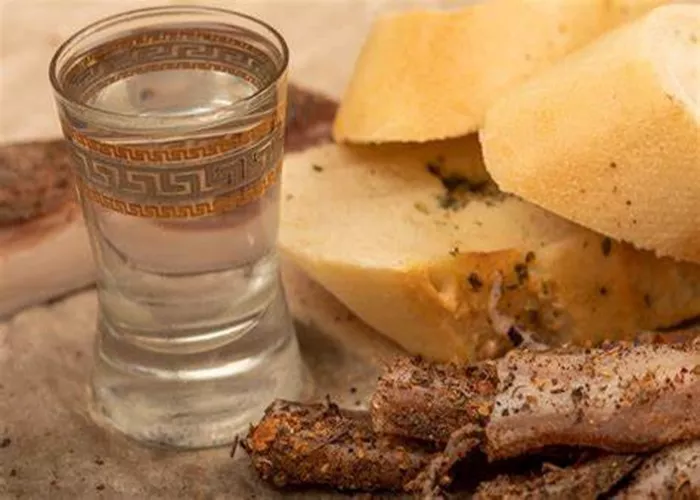Liquor comes in a wide variety of strengths, and some are considered strong for several distinct reasons. In this essay, we will explore eight factors that contribute to a liquor being labeled as strong.
Reason 1: High Alcohol by Volume (ABV)
One of the primary reasons a liquor can be called strong is its high alcohol by volume. Liquors with an ABV of 40% or higher are generally considered strong. For example, vodka, whiskey, and rum often have ABVs in this range.
The higher the ABV, the more potent the liquor. This means that a smaller amount of the liquor can have a greater impact on the body. Consuming strong liquors with high ABVs can lead to a quicker onset of intoxication and a greater risk of overconsumption.
Reason 2: Potent Flavor
Strong liquors often have a potent flavor that can be overwhelming for some people. The intense flavors of these liquors can come from a variety of sources, including the type of grain or fruit used in their production, the aging process, and the addition of flavorings.
For example, bourbon whiskey has a rich, complex flavor that is a result of being aged in charred oak barrels. The aging process gives the whiskey a deep, smoky flavor that is characteristic of strong liquors.
Reason 3: Long Aging Process
Many strong liquors undergo a long aging process, which can contribute to their strength. During the aging process, the liquor interacts with the container it is stored in, such as oak barrels, and picks up flavors and characteristics from the wood.
The longer the aging process, the more complex and intense the flavor of the liquor becomes. This can also lead to a higher ABV, as some of the water in the liquor evaporates over time.
For example, single malt Scotch whisky can be aged for many years, sometimes decades. The long aging process gives the whisky a rich, smooth flavor and a high ABV.
Reason 4: Limited Production
Some strong liquors are produced in limited quantities, which can make them more exclusive and sought after. Limited production can be due to a variety of factors, such as the use of rare ingredients, a small production facility, or a time-consuming production process.
For example, some small-batch bourbons are produced in limited quantities, making them highly coveted by whiskey enthusiasts. The limited availability of these liquors can contribute to their perception as strong, as they are often associated with quality and exclusivity.
Reason 5: High Demand
Strong liquors that are in high demand can also be considered strong. When a liquor is popular and there is a high demand for it, it can command a higher price and be seen as more valuable.
The high demand for strong liquors can be due to a variety of factors, such as their reputation, unique flavor, or limited availability. For example, certain types of tequila, such as añejo tequila, are in high demand due to their smooth flavor and long aging process.
Reason 6: Cultural Significance
Some liquors have cultural significance that can contribute to their perception as strong. For example, in some cultures, certain liquors are associated with celebrations, rituals, or traditional medicine.
The cultural significance of a liquor can give it a sense of power and importance, making it seem stronger than other liquors. For example, sake is an important part of Japanese culture and is often served at special occasions and ceremonies.
Reason 7: Historical Significance
Liquors with historical significance can also be considered strong. Some liquors have a long history dating back centuries or even millennia, and their production and consumption have been an important part of human culture for a long time.
The historical significance of a liquor can give it a sense of authenticity and tradition, making it seem stronger and more meaningful. For example, cognac has a rich history dating back to the 17th century and is known for its high quality and complex flavor.
See Also: Is Grappa a Liqueur?
Reason 8: Reputation
Finally, the reputation of a liquor can contribute to its perception as strong. If a liquor has a reputation for being high quality, potent, or exclusive, it is more likely to be considered strong.
The reputation of a liquor can be built over time through word-of-mouth, marketing, and critical acclaim. For example, certain brands of vodka are known for their smoothness and purity, which can contribute to their reputation as strong liquors.
Conclusion
In conclusion, there are several reasons why a liquor can be called strong. These reasons include high alcohol by volume, potent flavor, long aging process, limited production, high demand, cultural significance, historical significance, and reputation. Understanding these factors can help you appreciate the complexity and diversity of the world of liquor and make more informed choices when it comes to choosing a drink.
You might be interested


